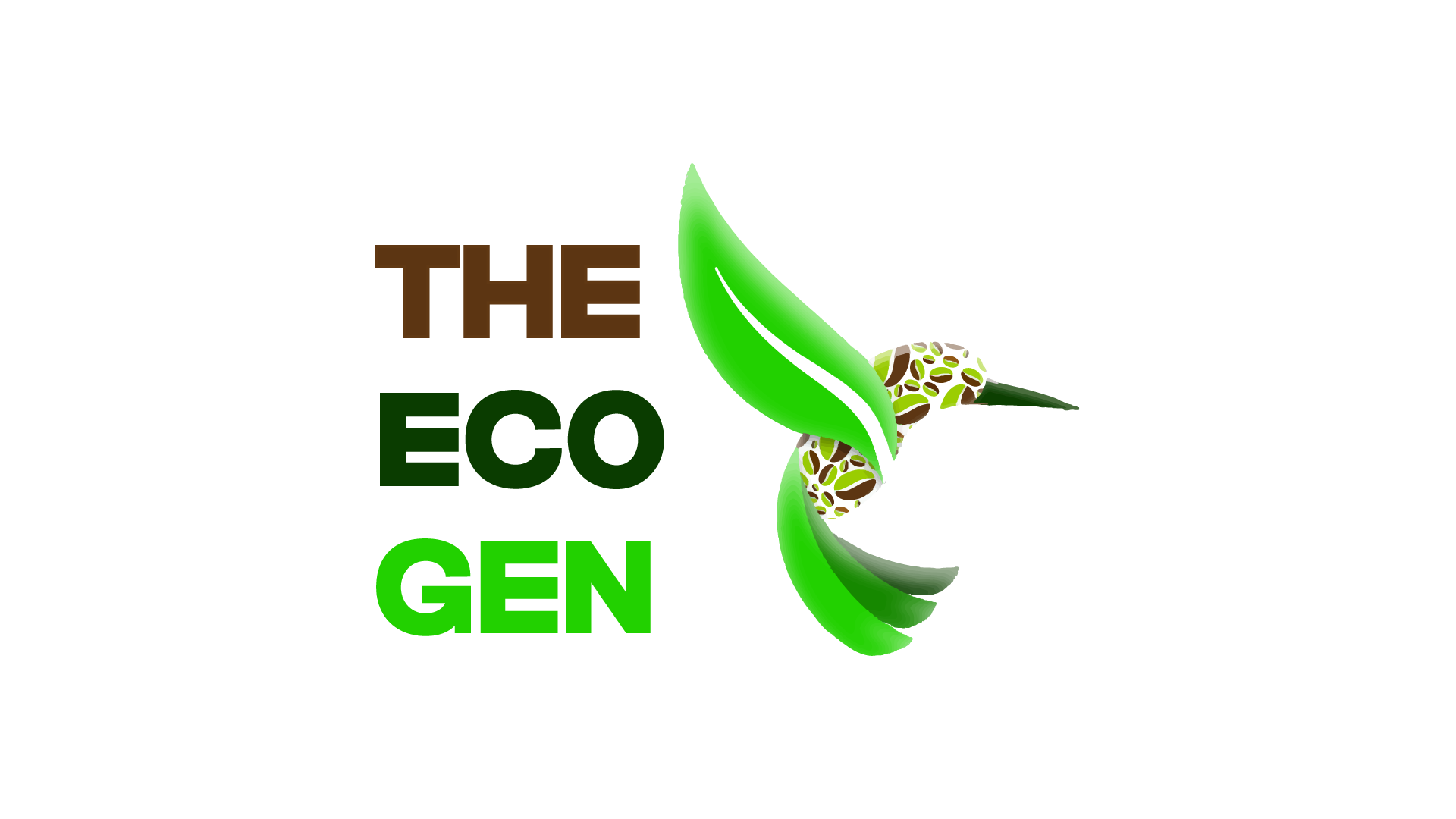GREENS
Sustainability
Aligning With Global Standards, ESG Framework, And Green Partnerships

Finally, Greens represents the critical stage of sustainability. It’s not just about short-term gains but ensuring that the business model is aligned with global sustainability standards, and that the agribusiness venture supports long-term ecological health and social responsibility.
In the Greens phase, the focus is on:
• Sustainability Framework & ESG Integration: Helping businesses establish and implement a comprehensive Environmental, Social, and Governance (ESG) strategy. This involves aligning business practices with global sustainability frameworks such as the UN Sustainable Development Goals (SDGs), Paris Climate Agreement, or industry-specific standards like regenagri, Fair Trade, B Corp, or Rainforest Alliance. Incorporating AGROFORESTRY concept in to product portfolio of emerging Agribusiness models.
• Sustainable Tourism: Pioneers in sustainable tourism ventures into experience tourism models such as research tourism, mindfullness and detox tourism, agriculture & plantation tourism, Cultural Tourism.
• Green Partnerships: Building alliances with key stakeholders like environmental NGOs, governments, or other sustainable businesses to foster a green partnership. This can help with funding, policy advocacy, and enhancing the credibility of the agribusiness within sustainability networks.
• Data Analytics for Sustainability: Utilizing data and advanced technologies to track sustainability metrics—such as carbon footprint, water usage, soil health, and biodiversity. This data can then be used to fine-tune operations and report on sustainability progress to stakeholders, investors, and regulatory bodies.
• Product Development & Branding: Helping businesses align their product offerings with sustainable practices. Whether it’s eco-friendly packaging, ethically produced goods, or farm-to-table direct marketing, the focus is on building a brand that consumers trust for its authenticity and commitment to the planet.
• Niche Market Development: Guiding businesses to tap into high-value, sustainable, and ethical markets, such as organic food, plant-based products, carbon credit markets, or other green certifications. These markets offer consumers a choice that aligns with their values, and businesses can develop unique selling propositions that set them apart from competitors.
• Long-Term Viability & Impact: Ensuring that all aspects of the business, from sourcing to production to distribution, have long-term sustainability built into their operations. The Greens phase is about ensuring the business will thrive for years to come, while continuing to positively impact the environment and society.

